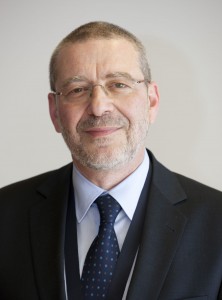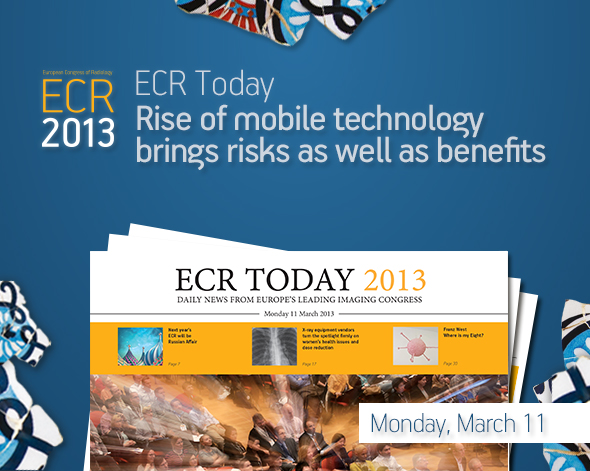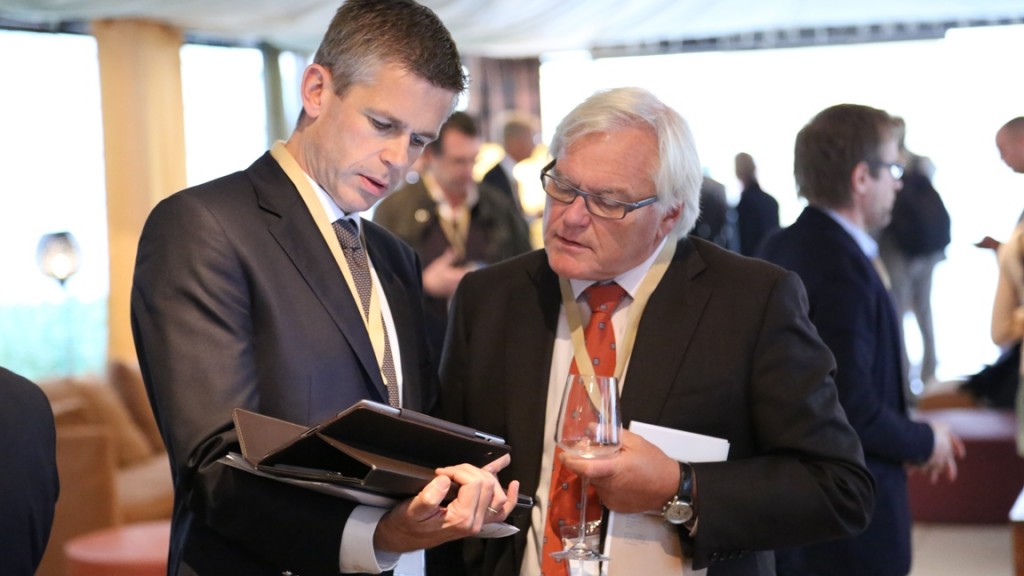Experts look into radiology’s future
Watch this session on ECR Live: Thursday, March 5, 8:00–10:00, Room E2
Tweet #ECR2015E2 #PC5A
Radiology is changing. Its possibilities are expanding; its place in healthcare has evolved. However, it has also become more vulnerable to financial turmoil. The future of the profession will depend on how radiologists decide to act and how well they can cope with external factors, a panel of experts will explain during today’s Professional Challenges Session at the ECR.

Prof. Gabriel Krestin,
from Erasmus MC,
University Medical Center
Rotterdam, will
speak about upcoming challenges
for radiologists in today’s session.
The emergence of quantitative imaging and the development of imaging biomarkers are transforming the face of radiology. An increasing number of biomarkers are being validated and accepted as measures for prognosis, diagnosis or therapy monitoring. The transition from research to clinical practice has started in many areas, and clinical radiologists have become aware of this evolution. They must learn how to use these new tools, but it is tempting to resist change, especially when it brings extra work, according to Prof. Gabriel Krestin, professor and chairman of the department of radiology at Erasmus MC, University Medical Center Rotterdam, the Netherlands.
“Radiologists don’t like to perform measurements in daily practice because they are not used to it. They haven’t been trained for that and it’s time consuming. For instance, if you do a cardiac examination, extracting quantitative data from that examination takes up to 30 minutes, so you need dedicated personnel to do that – preferably radiographers. The workflow of the radiologist could be seriously disrupted if he/she had to perform such extensive post-processing of images, and the consequence would be a decrease in efficiency, particularly because nobody pays for the additional measurements,” he said.


